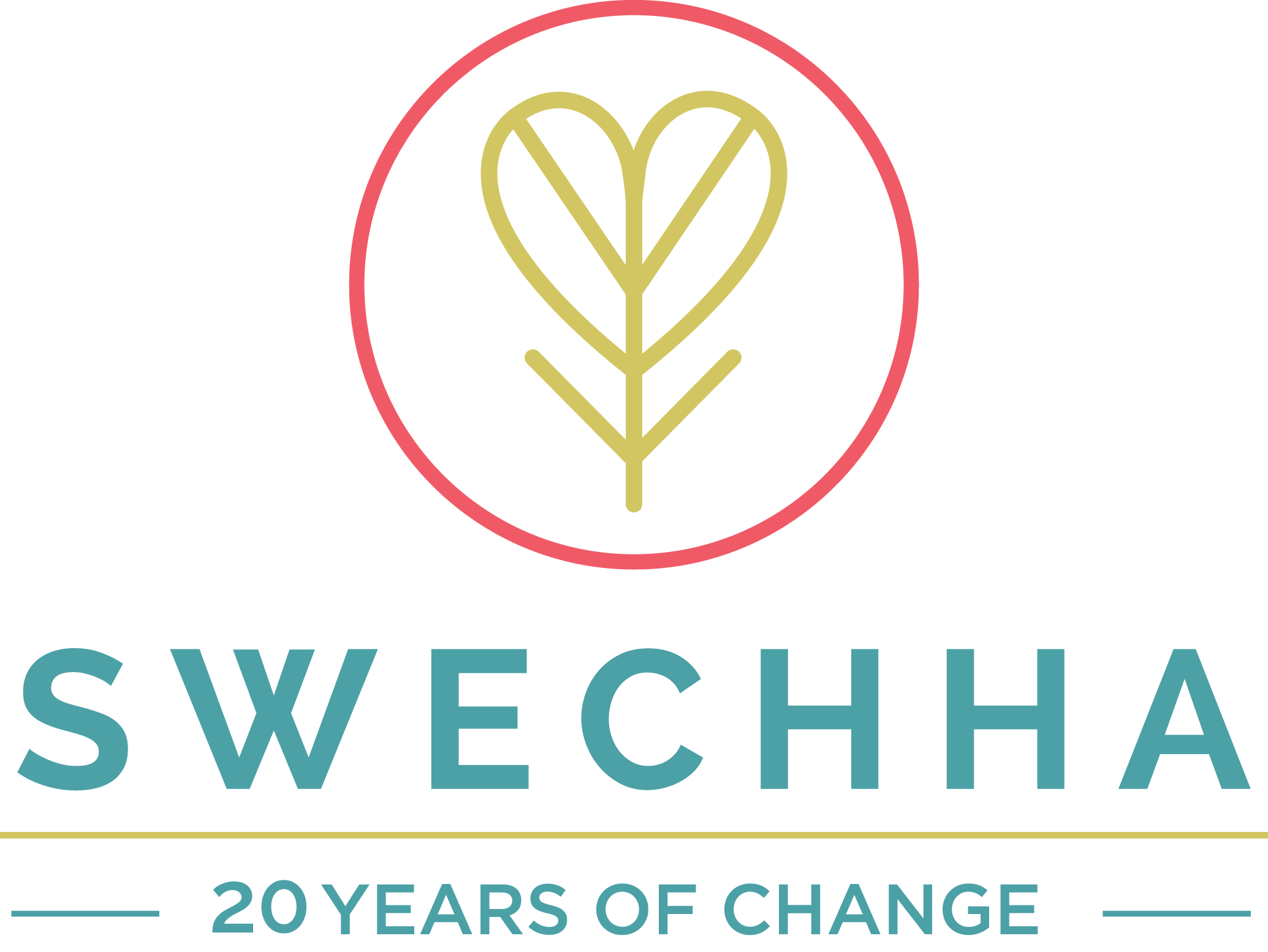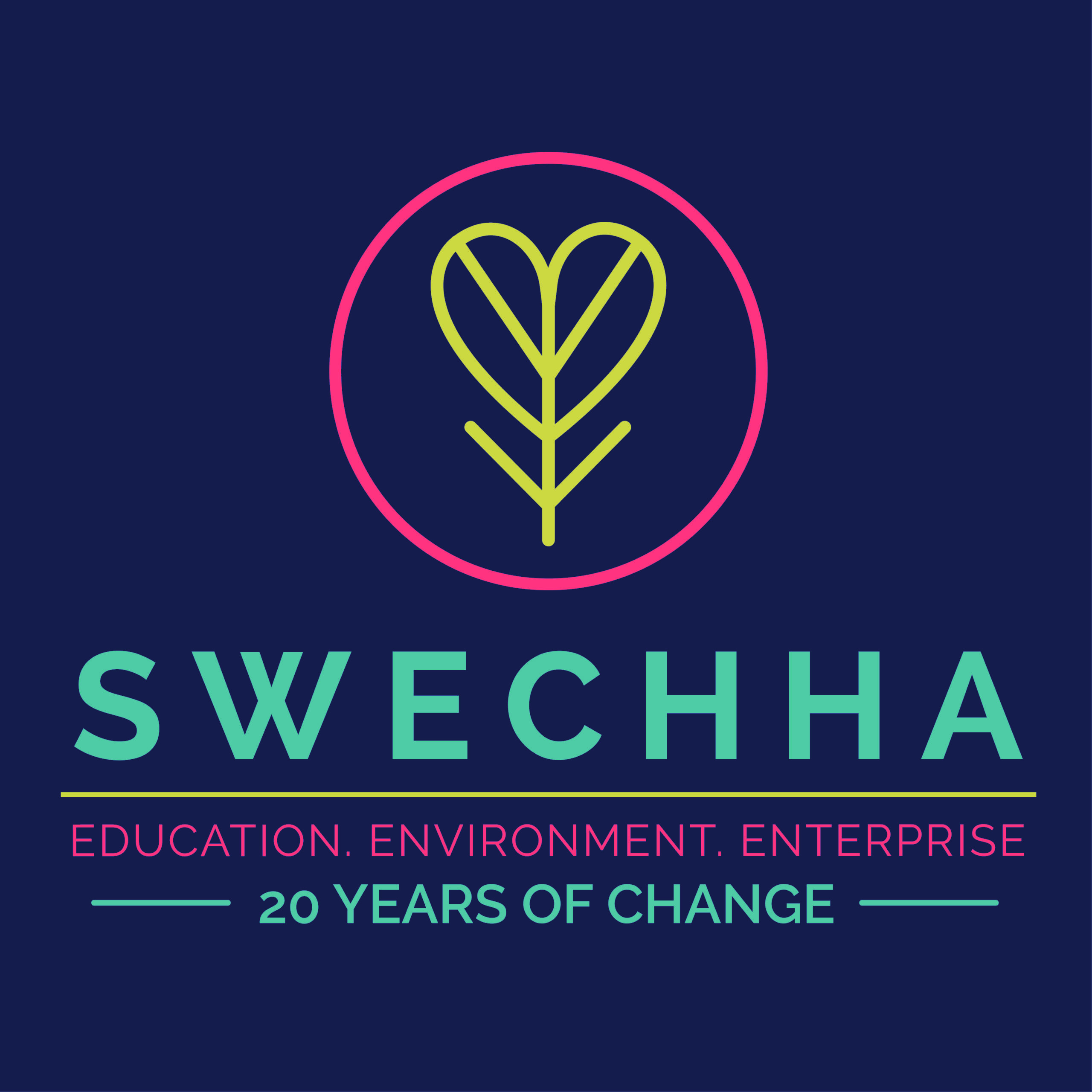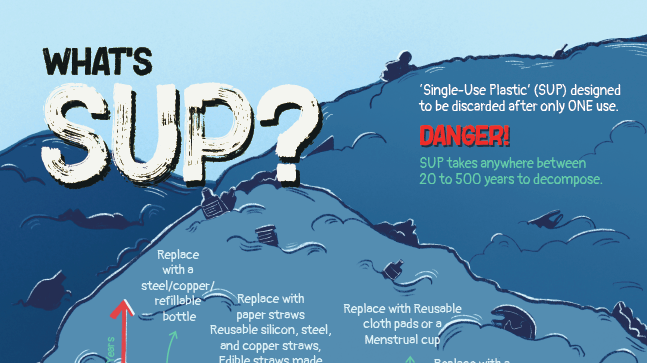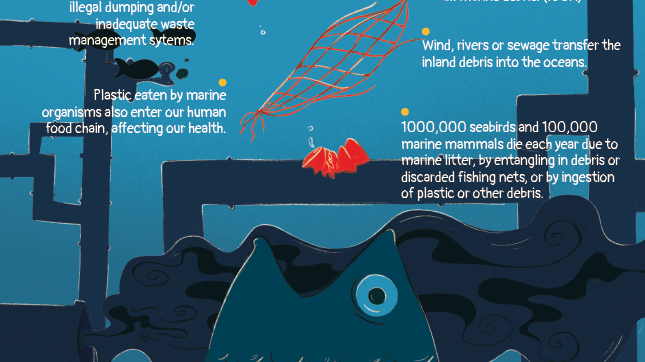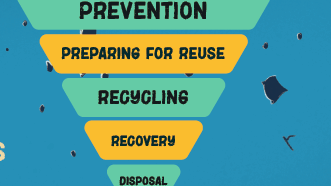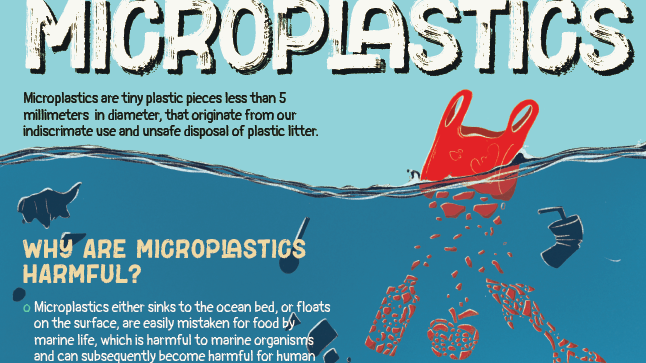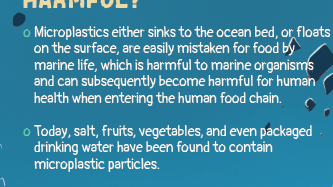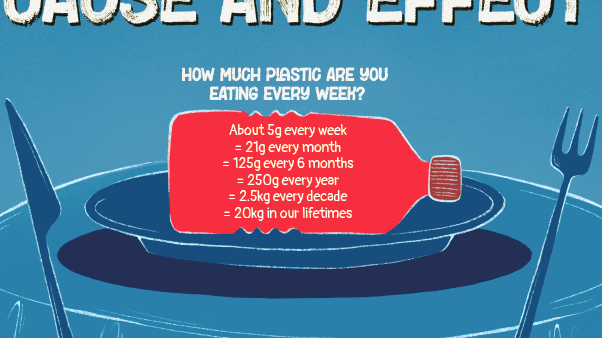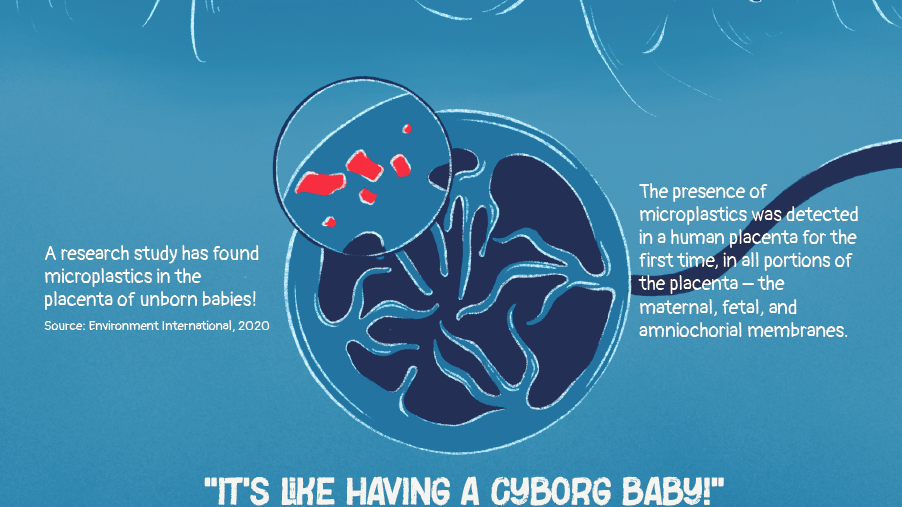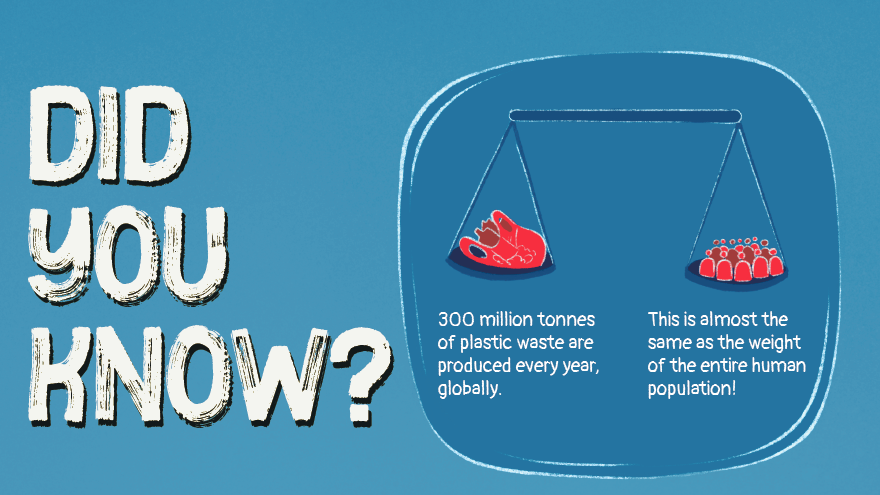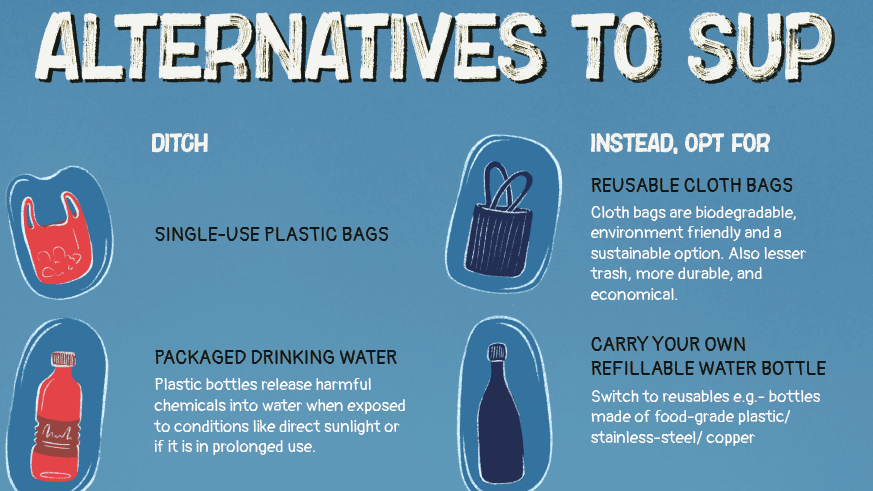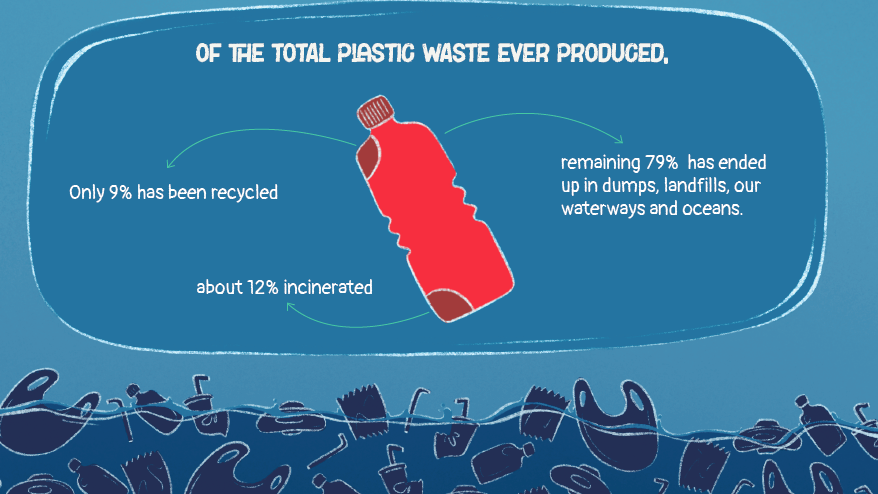SUSTAINABLE LIFETYLES AND EDUCATION
CIRCULAR ECONOMY, MARINE LITTER, AND EPR
BACKGROUND & RATIONALE
It is estimated that more than 8 million metric tonnes of plastic waste are entering the oceans annually, of which approximately 600 thousand metric tonnes are added by India, having significant impact on the maritime ecosystem. In a business-as-usual scenario the amount of plastic being produced globally is estimated to quadruple by 2050, with devastating effects on the environment and contributing significantly to rising greenhouse gas emissions. Therefore, actions to reduce plastic waste and consumption along the entire value chain are urgently needed.
As part of the ongoing Indo-German Bilateral Cooperation with the Government of India, the German Federal Ministry of Environment, Nature Conservation and Nuclear Safety (BMU) is supporting the Ministry of Environment, Forest, and Climate Change (MoEFCC) to implement a new Technical Cooperation (TC) project on "Circular Economy Solutions (CES) Preventing Marine Litter in Ecosystems". The project is implemented by the Deutsche Gesellschaft für Internationale Zusammenarbeit (GIZ) GmbH jointly with MoEFCC and includes the aspect of raising awareness of marine litter, plastic usage and recyclable plastic alternatives. Since 1950 only 9% of used plastic in India have been adequately recycled, while 79% of produced plastics end up in landfills or the environment. Swechha worked to create 10 infographic posters addressing single-use plastics.
DISSEMINATING INFOGRAPHICS
SUSTAINABLE ALTERNATIVES
PLASTIC-FREE SOLUTIONS
PROGRAM DESCRIPTION
This project culminated in the development of 10 infographics on alternatives to everyday single-use plastics items, specifically for packaging purposes in India. The infographics serve as a communication product and are aimed to create awareness for alternative plastic-free solutions and enhance understanding of the negative impacts of plastics on the environment to a broader audience. Swechha worked with GIZ India, Climate Change team, to support the Ministry of Environment, Forests and Climate Change (MoEFCC) and in close collaboration with the "Circular Economy Solutions Preventing Marine Litter in Ecosystems" project team. 10 alternatives to single-use plastics were found through intensive inventory-making and research while the focus was on bio-based alternatives. There was emphasis on shelf life, availability of alternatives, EPR compliance, and Indian context.
PROGRAM OUTREACH
Bio-based Alternatives
Partnerships
Experts Involved
Years to Decompose Single-Use Plastic
PROGRAM IMAGES
Get Involved
We are always looking for young and enthusiastic minds that can help us create the change along with being the change. Whatever your passion, we always have opportunities for you along with endless cups of Chai!
SOME OF OUR
TESTIMONIALS
"The infographics gave me a clear and simple explanation of how single use plastics contribute to pollution and what alternatives I should use."
Aryaman
Concerned Citizen
" The way the information is presented in the infographics is succinct and easy to understand. It also introduced me to micro-plastics and the harmful role they play in the eco system. "
Jasleen
Concerned Citizen
" This is smart way to educate people about the real time harm plastics are causing. I feel many more will opt for sustainable options after interacting with this information."
Aastha
Concerned Citizen
